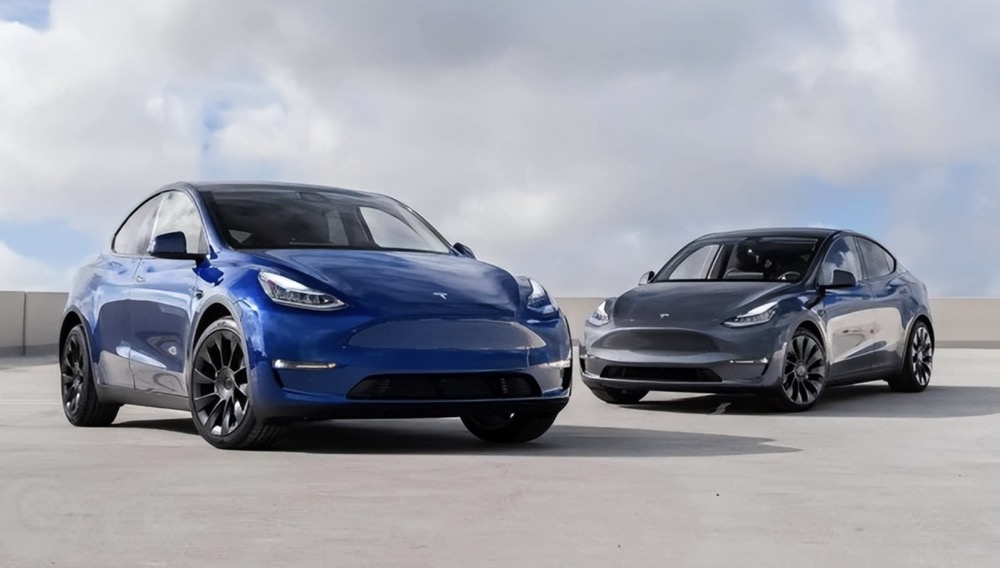The rise of electric cars has brought about a significant shift in the automotive industry. While electric cars were once seen as a niche market, they are now becoming more mainstream as consumers become increasingly concerned about the environmental impact of gasoline cars. However, the question remains: will electric cars eventually replace gasoline cars? In this analysis, we’ll examine the factors that may influence the future of the automotive industry.

Environmental Concerns
One of the primary drivers behind the rise of electric cars is environmental concerns. Gasoline cars contribute to air pollution and greenhouse gas emissions, which can have negative impacts on public health and the environment. As a result, many governments around the world are implementing policies to encourage the adoption of electric cars, such as tax incentives and subsidies. As concerns about the environment continue to grow, it’s likely that more consumers will choose electric cars over gasoline cars.
Technological Advancements
Another factor that may influence the future of the automotive industry is technological advancements. Electric cars have come a long way since they were first introduced, with improvements in battery technology and charging infrastructure making electric cars more practical for daily use. Additionally, advancements in autonomous driving technology may make electric cars more appealing to consumers who value convenience and safety.
Costs
One of the biggest barriers to widespread adoption of electric cars is their cost. Electric cars are generally more expensive than gasoline cars, and the cost of batteries can be a significant portion of the overall cost of the car. However, as battery technology improves and economies of scale are realized, it’s likely that the cost of electric cars will continue to decrease. Additionally, the cost of gasoline cars may increase as governments implement policies to reduce greenhouse gas emissions, making electric cars more cost-competitive.
Infrastructure
Another factor that may influence the future of the automotive industry is infrastructure. While the number of charging stations for electric cars is increasing, the infrastructure for gasoline cars is much more established. This can make it more difficult for consumers to choose electric cars if they are concerned about range anxiety or the availability of charging stations. However, as the infrastructure for electric cars continues to improve, this may become less of a barrier to adoption.
Consumer Preferences
Finally, consumer preferences may play a significant role in the future of the automotive industry. While some consumers may prioritize environmental concerns and technological advancements, others may prioritize cost, convenience, or performance. As a result, it’s likely that both electric cars and gasoline cars will continue to coexist for the foreseeable future.
In conclusion, while the rise of electric cars has brought about significant changes in the automotive industry, it’s unlikely that electric cars will completely replace gasoline cars in the near future. Factors such as environmental concerns, technological advancements, costs, infrastructure, and consumer preferences will all play a role in shaping the future of the industry. However, as the benefits of electric cars become more apparent and the costs continue to decrease, it’s likely that the market share of electric cars will continue to grow.